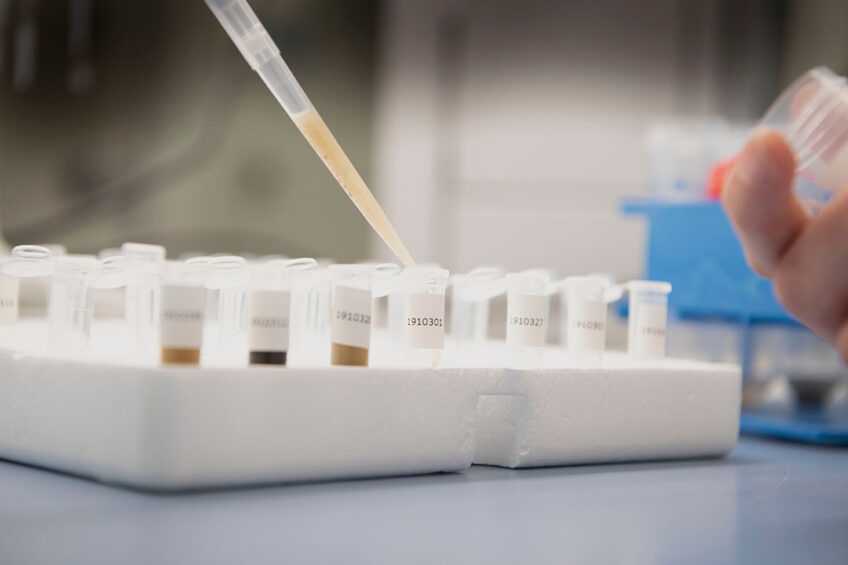Farm antibiotics use and new trade deals

Concerns about excessive use of antibiotics in the Australian poultry and livestock sectors has prompted an alliance of medical, environmental and animal welfare organisation to write to the UK’s Secretary of State for International Trade, asking if the issue is being taken seriously in new trade deals.
The letter, delivered by the Alliance to Save our Antibiotics to Liz Truss, stresses its fears at the prospect of a trade deal with Australia that does not account for farm antibiotic standards. It says allowing the importation of meat and dairy produced with routine antibiotic use would set a very poor precedent for future trade deals, farming standards and global antibiotics stewardship.
UK farmers have responded to the global public-health threat of antimicrobial resistance (AMR), reducing their antibiotic use by around 50% since 2014. The UK Government has also pushed a One Health agenda at a global level, resulting in the 2016 Political Declaration of the High-Level Meeting of the United Nations General Assembly on Antimicrobial Resistance and the establishment by the UN, WHO, FAO, and the OIE of the Interagency Coordination Group on Antimicrobial Resistance.
The Alliance says Australian farm antibiotic standards are significantly lower than the UK’s, claiming Australia has poor surveillance of its antibiotic use and has published no usage data for any year since 2010.
“Australian poultry farmers used 16 times more antibiotics per animal than British poultry farmers currently use and the Australian pig industry used 3 times more antibiotics per animal….
“Australia continues to use 5 different antibiotics (avilamycin, bambermycin, monensin, olaquindox, and salinomycin) as growth promoters in cattle, pigs, poultry, and sheep. Using antibiotics as growth promoters is banned in the UK and the EU, and from next year, the EU will also ban the importation of meat and dairy produced with antibiotic growth promoters.”
Superbug infections in poultry under the microscope
Researchers report promising results in the fight against superbug infections on poultry farms, which could have wider implication for human health. Find out more…
The letter asks Ms Truss whether she can reassure the Alliance that the UK Government will uphold clear antibiotics-stewardship priorities when negotiating trade deals:
- In any new trade deals, will the responsible use of farm antibiotics be a core requirement for all animal foods?
- Will the trade in animal food only be with countries that collect adequate antibiotic use data, and which have a robust strategy for ending the routine use of antibiotics in livestock farming, including group prophylaxis?
- Will the UK Government commit to banning the importation of all animal foods produced with antibiotic growth promoters?
- Will the implication of new trade deals for domestic and global antibiotics stewardship be included in the impact assessment for the Australia trade deal and other future deals?
The letter follows a statement from UK NFU President Minette Batters on the reports of a 15 transition to a zero tariff, zero quota trade deal: “We continue to maintain that a tariff free trade deal with Australia will jeopardise our own farming industry and will cause the demise of many, many beef and sheep farms throughout the UK. This is true whether tariffs are dropped immediately or in 15 years’ time.
“We remain of the view that it is wholly irresponsible for government to sign a trade deal with no tariffs or quotas on sensitive products and which therefore undermines our own domestic economy and businesses.”













